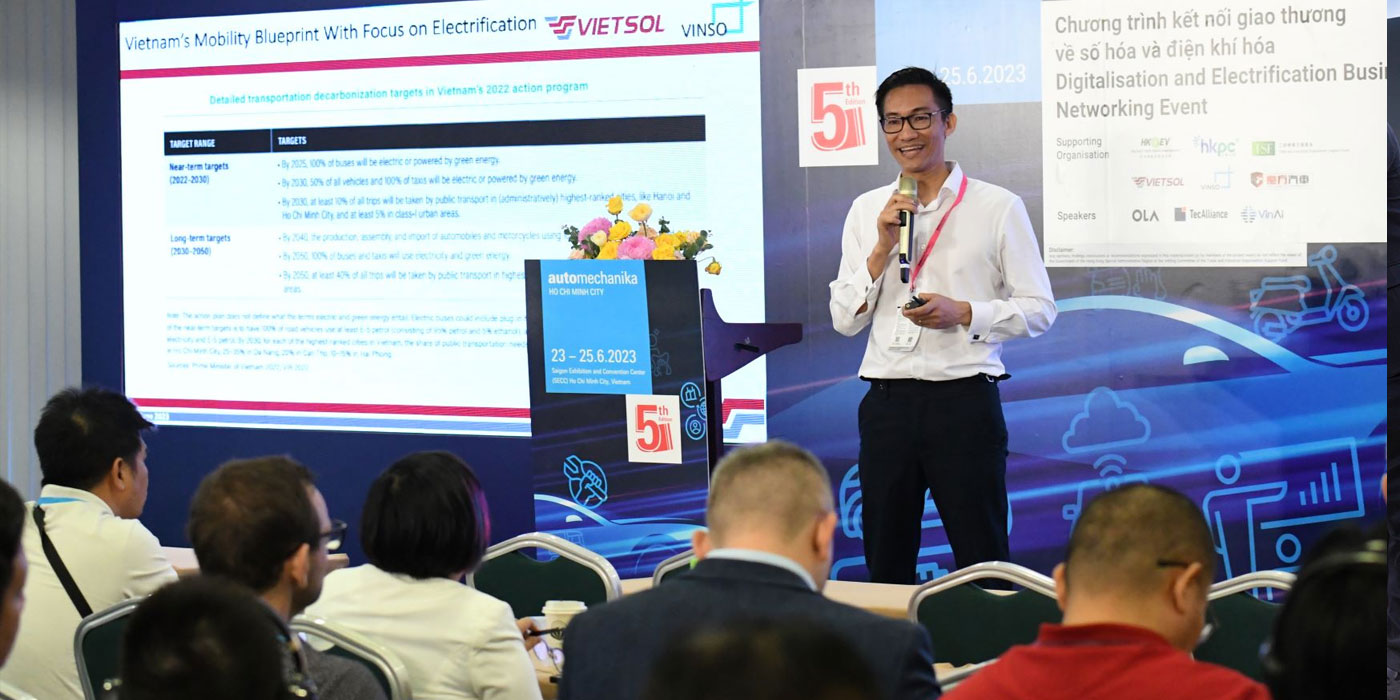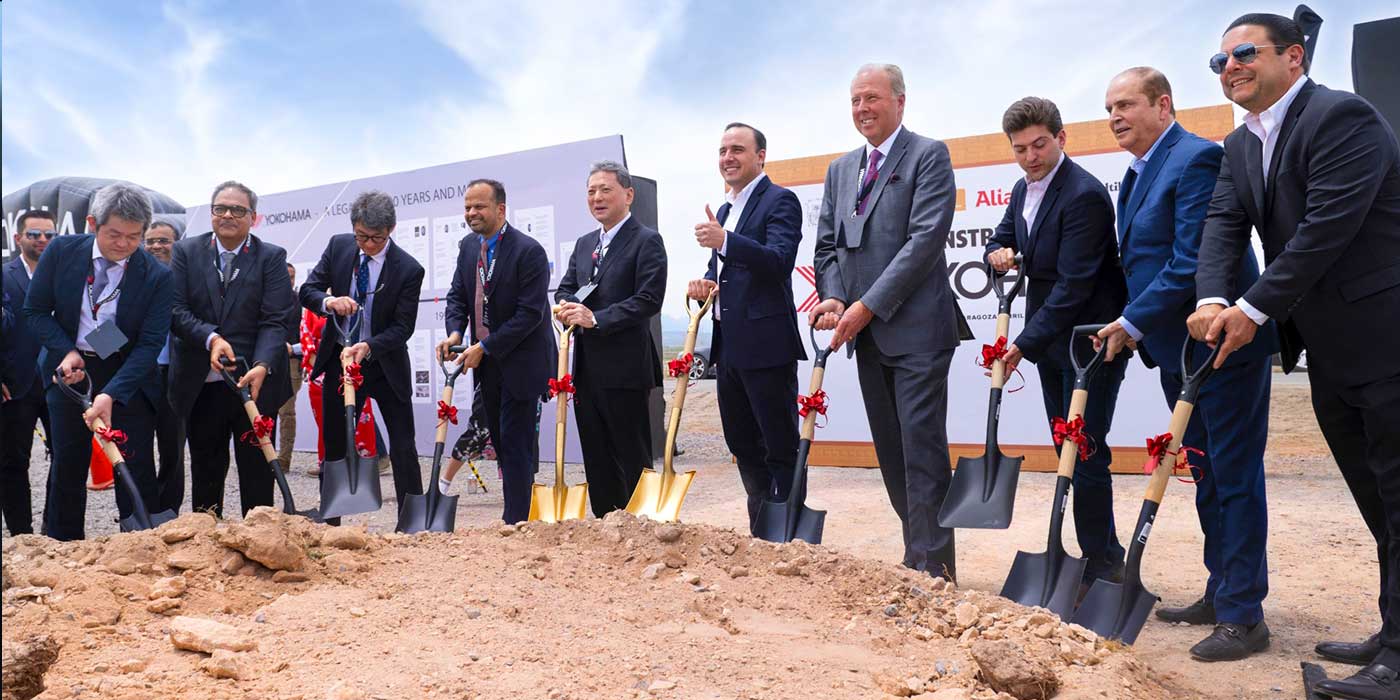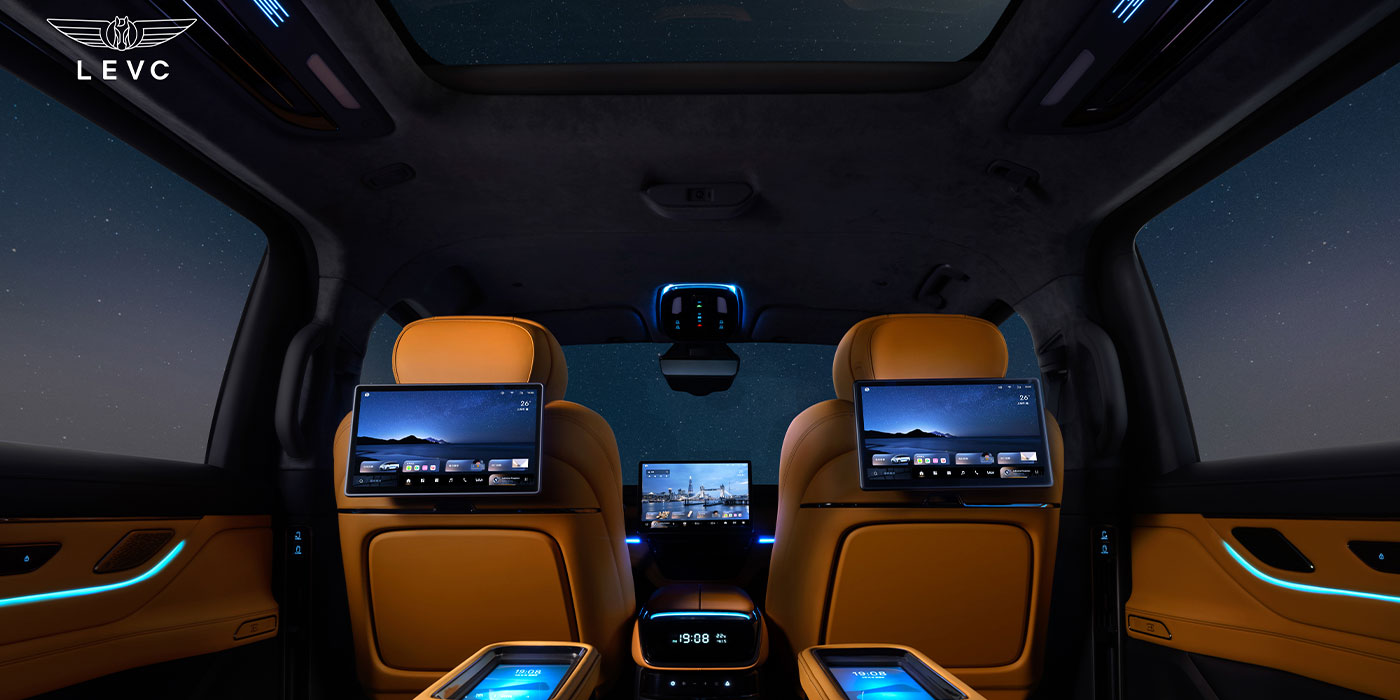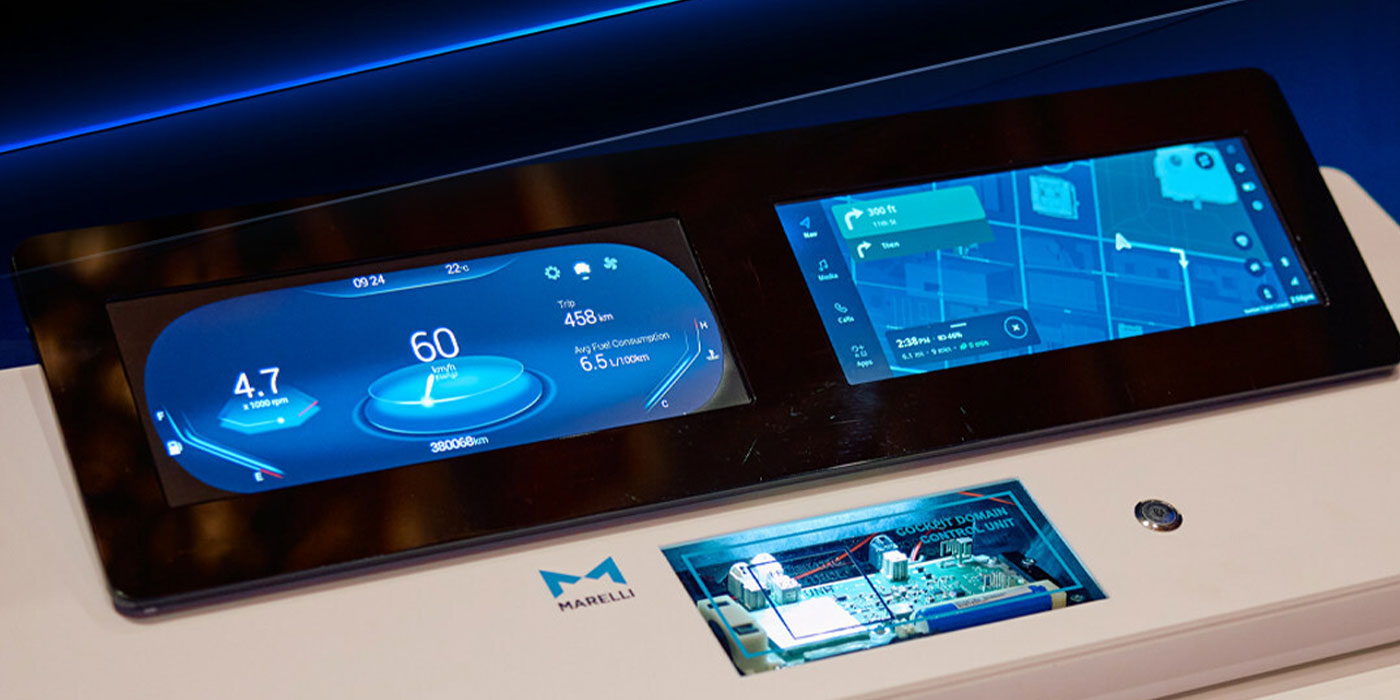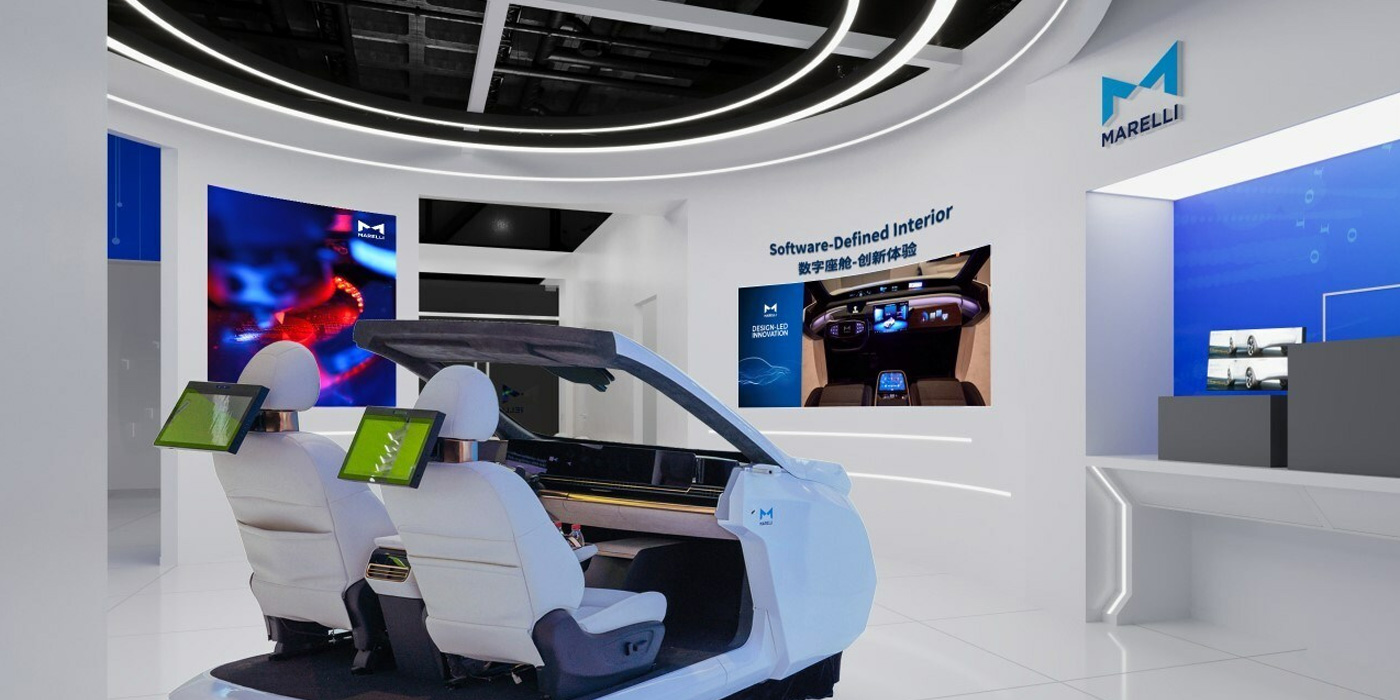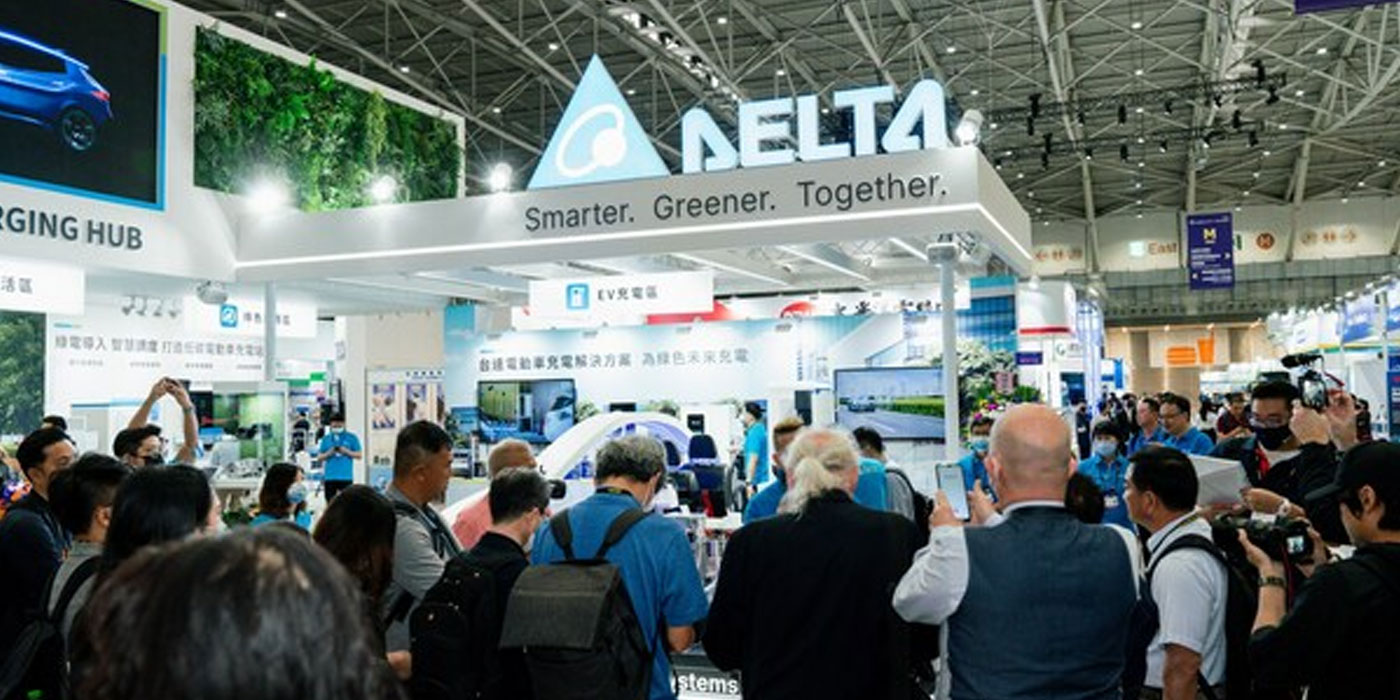 New car-based “mobility services” will become a trillion dollar industry by 2040 – up from essentially zero a decade ago – with China at the forefront of this transformation. The growth in mobility services is one of the major driving forces of change in the automotive ecosystem that is already transforming how consumers buy, use and power cars, according to insights from a new research service, “Reinventing the Wheel: Mobility and Energy Future,” by IHS Markit, a provider of critical information, analytics and solutions.
New car-based “mobility services” will become a trillion dollar industry by 2040 – up from essentially zero a decade ago – with China at the forefront of this transformation. The growth in mobility services is one of the major driving forces of change in the automotive ecosystem that is already transforming how consumers buy, use and power cars, according to insights from a new research service, “Reinventing the Wheel: Mobility and Energy Future,” by IHS Markit, a provider of critical information, analytics and solutions.
New mobility services offer the temporary use of a car to consumers – for a ride across the city or beyond – that they do not own. The most common way this is done today is via app-based ride-hailing or car-sharing services, such as those offered by Didi Chuxing in China, and Uber and Lyft elsewhere. Over time, a growing array of mobility services will emerge – from personal subscriptions for driverless car usage to the integration of car services into city transit systems.
“The growth of mobility services will lead to more miles traveled by cars and increased access to mobility via the car around the world. People will have greater access and other options than ever before,” said Dr. Daniel Yergin, IHS Markit vice chairman, Pulitzer Prize-winner and project lead of the new IHS Markit research service. The service delivers short- and long-term insights and projections of how changes in the automotive ecosystem impact the oil industry, automotive manufacturers and their suppliers and the chemical industry.
The launch of “Reinventing the Wheel: Mobility and Energy Future,” growing out of a year-long research project, will be announced in Beijing, China, at the opening of the IEEF 2018 (International Energy Executive Forum) hosted by IHS Markit and co-hosted by CNPC ETRI on Dec. 13.
“China is at the forefront of the automotive transformation due to its large and growing car market,” said Dr. Yergin. “In 2018, IHS Markit expects car sales in China to reach 28 million compared to 17.1 million in the United States, the second-largest national car market in the world.”
China also is the world’s largest market for electric cars (passenger cars and light trucks). From January to September 2017, China sold more than 234,000 electric cars, a 24 percent year-on-year increase, according to the latest figures from the new IHS Markit service. By comparison, over the same period, the United States sold just over 140,000 electric cars – a 26 percent increase compared to the previous year.
Broader Impact of Mobility Services
Growth of mobility services is significant on its own, but the convergence of other factors will also bring change in the automotive ecosystem.
“The combined impact of mobility services, driverless technologies, electric cars and government policies will propel a transformation in personal mobility,” said Jim Burkhard, vice president and head of crude oil markets at IHS Markit. He will present key insights of the new IHS Markit service at the IEEF 2018 Beijing Conference.
“The spread of driverless technology will amplify the impact of other catalysts of change, such as electric car adoption and mobility services growth, as well as reducing traffic injuries and fatalities on the road,” said Burkhard.
At present, the technologies used in driverless cars are expensive, although costs are falling over time, but utility of a mobility service car is greatly increased. A car employed by a mobility services company will drive many more miles each year than a car purchased for personal use. Mobility service cars will drive on average around 50,000 to 55,000 miles (80,000 to 89,000 kilometers) per year, approximately five times or more than a typical personally owned car, the IHS Markit analysis said.
Growth in mobility services also will attract regulatory oversight, which shapes how it will evolve at the city level.
“Some cities may choose an open, lightly regulated market for mobility services. In other locales, governments may seek to incorporate car-based mobility services into their mass transit systems. Local regulation and conditions will also shape the business models. In highly congested, densely populated areas, ride-pooling – where multiple passengers share a car ride – could be favored as a way to lower the number of cars on the road,” said Tom DeVleesschauwer, transport and mobility practice leader at IHS Markit.
Most of the value created by mobility services will be at the actual operations and service level, DeVleesschauwer added. “These are some examples of multiple business models that companies – both incumbents and new entrants – can engage in the delivery of mobility services,” he said. “The emergence of driverless cars will create additional revenue opportunities in terms of providing entertainment, information and communications for passengers.”


